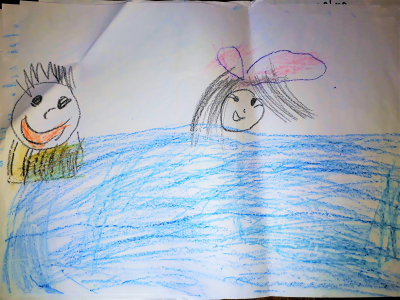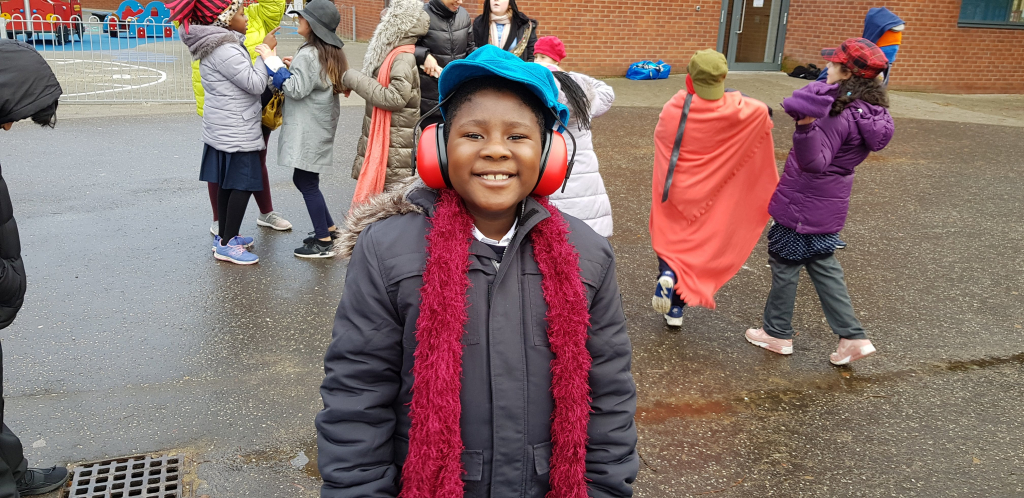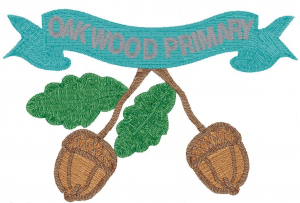Additional Support Needs
Introduction to Licketyspit and Additional Support Needs (ASN)
All children and young people need support to help them learn and achieve their potential.
However, some children need support that is in addition to, or different from, the needs of their peers. There are many reasons for needing additional support and this support can be short or long term.
Education Scotland acknowledges that additional support needs can be due to:
The Education (Additional Support for Learning) (Scotland) Act 2004 informs practitioners and organisations of their duties, and parents of their rights, in respect of the provision of support for children and young people.
How Licketyspit’s work supports those with ASN
Licketyspit uses drama as an inclusive means of communication. Our actor-pedagogues are trained to engage with children who find it difficult to comfortably express themselves, whether because of a disability or social and emotional factors, understanding that every child is different and will need a different level of support to access Licketyspit’s work on a level they are comfortable with.
Our work is known for being verbally and physically rich, employing a range of multi-sensory practices which are inclusive and accessible to everyone. We look children in the eye with the knowledge that they can and will want to play with us, and our audiences engage, participate and interpret the experience at whatever level they are able to. Licketyspit has a strong and successful track record working with children with additional support needs.
Case Study

In one of our Storyplay Schools, there was a Primary 5 boy who had global developmental delay, struggled with basic literacy, and had become very disheartened by school, often feeling like he wasn’t as good as the others in his class.
He quickly transformed when he began playing with Licketyspit; there was a visible relaxation in his body language and a huge smile was painted across his face. By the end of the session, he was talking and leading in the games, and was delighted at his own ability to make his class laugh and be fully involved in the same game all together. He realised he was just as good as everyone else in the circle.
After the play session, we asked all of the pupils to draw a picture of their favourite part of the session. He raced back into class and began drawing a picture of a granny character he had created in one of the games. Next, he asked his teacher to write out details about the granny (‘she wore a huge, old smelly cardigan’, ‘she was evil’ and more). He then copied the sentences into his own handwriting and felt empowered enough to stand up in front of his whole class and read it, out loud, to them all.
The games allowed him to forget he struggled with reading, writing or other kinds of desk-based work. He got lost in the world he had created in the games and was so excited about it that he decided to draw and then write about it. This has since informed Licketyspit’s practice working in schools and is now a task all pupils complete after we have played our workshop of Granny games.





















